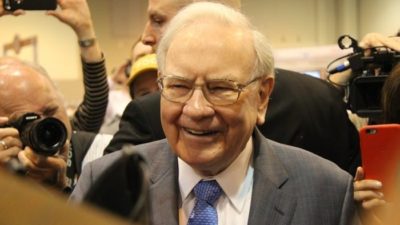The IPO (or initial public offering) has moved towards the centre of public opinion in the investing world in 2020 so far. Despite the coronavirus pandemic, there has been a flurry of high-profile IPOs this year on the ASX alone. We have seen Laybuy Holdings Ltd (ASX: LBY) a few weeks ago, as well as Access Innovation Holdings Ltd (ASX: AIM) just last week.
Over in the United States, things are no different. Fresh from the blockbuster listings of ride-sharing giants Uber Technologies and Lyft last year, just last week we witnessed one of the most spectacular IPOs in history with Snowflake Inc. Snowflake shares were set alight when it hit the NYSE boards last week, with the shares quickly doubling (and nearly tripling) from the floating price of US$120 to a high of US$319.
US and ASX IPOs are exciting and always attract news and coverage when they go ahead. It's the investing equivalent of a debutante ball, minus the gowns.
But they are almost always a bad idea, in my opinion. Especially for newer, inexperienced investors.
IPO or IP-NO?
Well, it's to do with how an IPO works. See, a company that is about to list on an exchange already has shares. They're just not publically available. They're usually held by a mix of company insiders and founders, together with institutional investors that have funded the company's expansion until that point. When the IPO process begins, those investors are the ones offering the shares at the IPO price. Normally, no (or very few) new shares are created on IPO day. Existing shareholders are just offloading the vast majority to the general public.
So you have a giant share sale, orchestrated by people who already own the shares and are usually looking to sell most or all of them. Guess what. That means that the IPO will almost always be designed to maximise value for those shareholders. And that's at the expense of anyone looking to buy into the IPO. As such, almost no IPOs are done at 'fair value'. Rather the IPO share price is selected for the maximum benefit for those investors looking to cash out.
This means that most IPOs are done to shortchange retail investors. It's no coincidence that most companies who IPO tend to trade below the price at which they IPOed for a long time. We see this today with both Uber (which IPOed at US$40 and trades for US$37 today), and Lyft (which IPOed at nearly US$80 and now sells for just over US$30).
Foolish takeaway
I know IPOs can be exciting, but for the reasons I've outlined, I think most investors should stay away, at least until the dust settles. Judging by what's happened with past IPOs like Uber, Lyft and Laybuy, you'll probably get the chance to invest in these companies for a cheaper price down the road. So unless you're super keen on a new company, I wouldn't try and 'play the IPO'. Chances are you'll get played trying.








